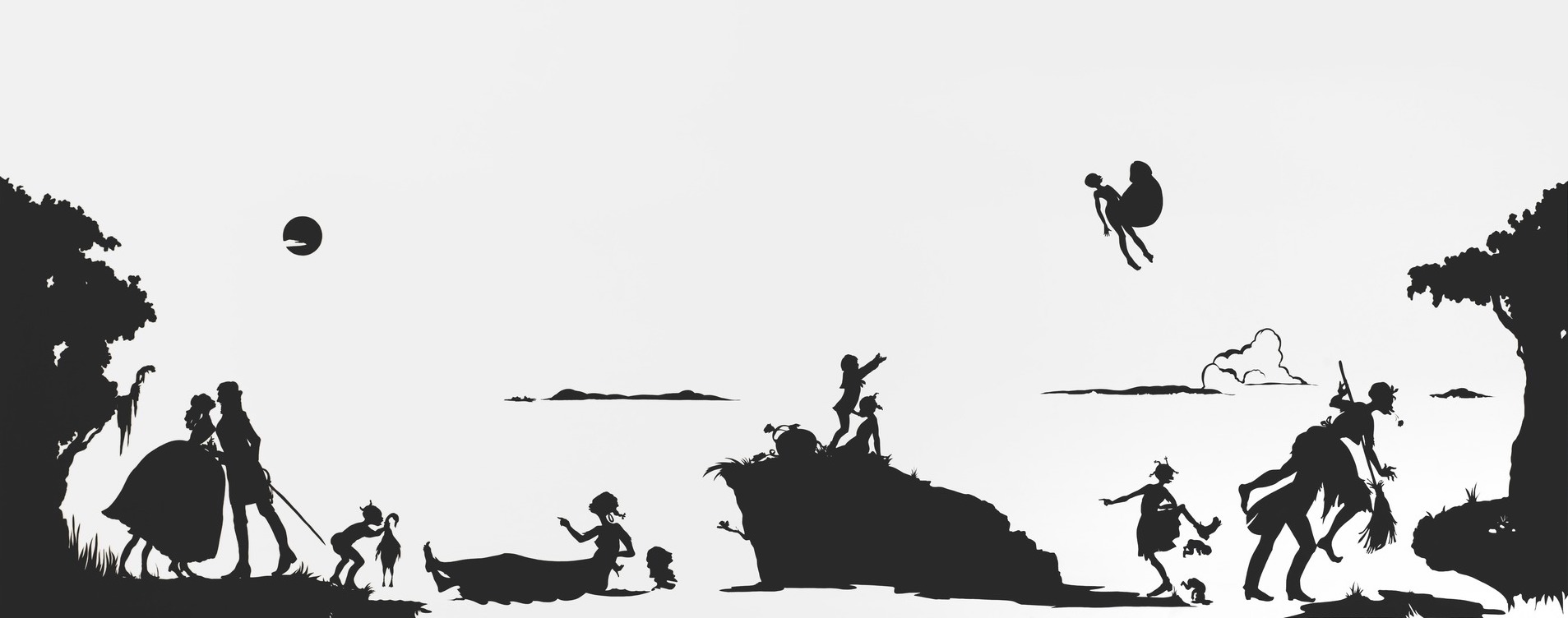Earlier this year I read Benito Cereno, a story write by Herman Melville. It is based off a true story about Captain Delano, a ship captain from Massachusetts that see a boat floating off in the distance and sees if it needs help. It was a slave ship. When he gets on the ship, he learns that they had no food or water and they had been stuck out at sea after getting caught in a storm and lots of their crew died. There are some things that surprise him when he is observing the ship. The first is that the slaves on the ship walk around with no chains or anything and are free to basically do what they want. He found this to be weird but he rationalized it by thinking that the captain of this ship was just easy on his slaves. Another thing that Captain Delano was strange about the boat was that the slave Baba was so close to the captain of the ship all the time. He found it weird that Babo would never leave the captains side, even when Captain Delano was making it clear that he wanted to speak to the other captain privately. He took this as Babo just being a loyal and attentive servant. In the end of the story though, it is revealed that the slaves had overpowered the slave traders and taken control of the ship.
In the story Captain Delano is a good example of Northern racism at the time. Although he doesn’t have slaves, he definitely doesn’t think that enslaved people were the same a white people. There are many things that looking back at in the book should make it clear to Captain Delano that the slaves had taken over the ship. Because of his internalized racism though, he is not able to to conceive of the idea that the slaves were capable of taking over the ship. He knows that something weird is going on but doesn’t know what it is. He even thinks for a bit that the people on the ship are pirates but after he learns that they slaves had taken over ship he is more scared of that idea then he was when he thought they were pirates. There as a few different ways that the book Benito Cereno could be interpreted and there are counts details that add to the books interesting commentary on slavery and racism.
